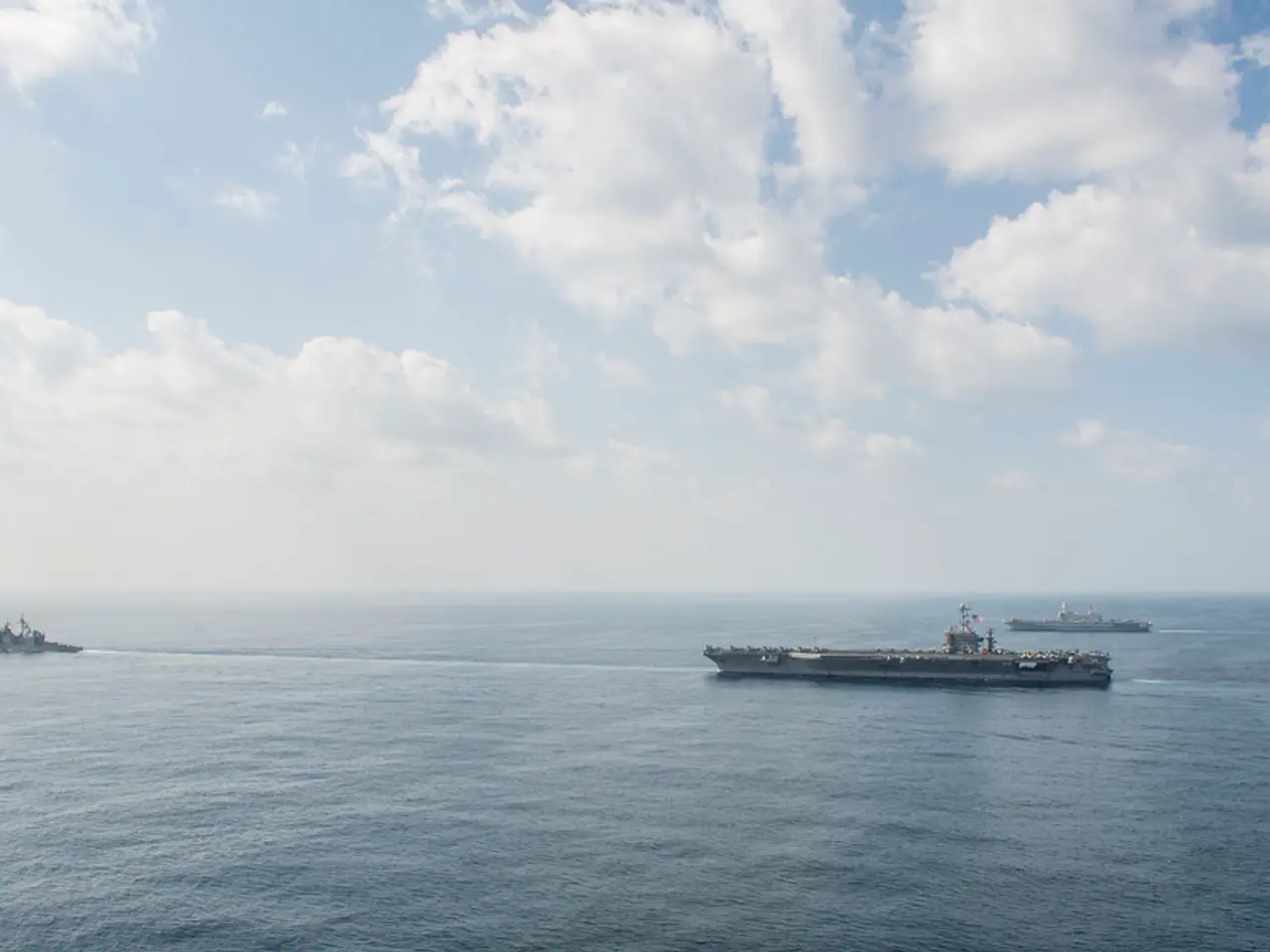Escalating cross-strait disputes, China establishes unauthorized air route; Taiwan issues alarm over aviation safety and territorial integrity risk.
In a recent development, China has activated a new flight corridor, W121, extending the M503 route west-to-east, allowing civil flights from mainland China towards Taiwan. This move follows two earlier west-to-east connecting routes, W122 and W123, opened in 2024 south of W121.
China justifies the expansion as a means to ease air traffic congestion, improve flight safety, reduce delays, and benefit passengers on both sides. The Civil Aviation Administration of China claims that operations have been safe and stable since previous route openings. The Taiwan Affairs Office spokesman emphasized that these measures safeguard the rights of passengers and facilitate travel between the mainland and Taiwan.
However, Taiwan strongly condemns this unilateral move, viewing it as an attempt by Beijing to change the status quo in the Taiwan Strait and escalate regional tensions. The Mainland Affairs Council (MAC) criticized China for disregarding prior consensus and Taiwan's public opinion, accusing Beijing of eroding the island’s de facto sovereignty through civil and military pressure.
The MAC also expressed concerns about the expansion's impact on air safety in the Taiwan Strait and the surrounding Asia-Pacific region. They believe that genuine dialogue can prevent escalation and insecurity in the region. The MAC described China's manoeuvre as a politically motivated provocation.
The Taiwan Civil Aviation Administration echoed the MAC's concerns, calling China's unilateral move "regrettable" and committing to close monitoring to secure flight safety. The MAC urged Beijing to halt unilateral actions and engage in immediate talks regarding the W121 flight corridor.
Under International Civil Aviation Organisation (ICAO) regulations, any route adjustments must involve coordination with all affected airspace authorities. However, ICAO has not been reported as intervening directly in these recent expansions. China maintains that the routes fall within its Shanghai Flight Information Region and are routine civil aviation adjustments, implicitly asserting that ICAO oversight justifies their actions.
The W121 link extends the controversial M503 route, which was previously rerouted following bilateral talks, to a point dangerously close to Taiwan's airspace. Officials warned that any aircraft encroaching on Taiwan's Flight Information Region would be intercepted or rerouted, in line with ICAO guidelines and recent national security protocols.
The MAC has urged Beijing to participate in talks through established cross-strait aviation channels, with all flight routes complying with international safety and diplomatic norms. As of now, the MAC did not mention any new regulations or guidelines in the current paragraph.
- The expansion of the W121 flight corridor has sparked an ongoing debate in the realm of political opinion, with the Taiwan government viewing it as a provocative move aimed at escalating war-and-conflicts in the Taiwan Strait.
- In the sphere of policy-and-legislation, the Mainland Affairs Council (MAC) has urged China to halt unilateral actions and engage in immediate talks regarding the W121 flight corridor, emphasizing the need for compliance with international safety and diplomatic norms.
- As the W121 link extends the controversial M503 route, the general-news outlets are closely monitoring the evolving situation, anticipating potential impacts on travel between the mainland and Taiwan, as well as larger implications for regional politics.








